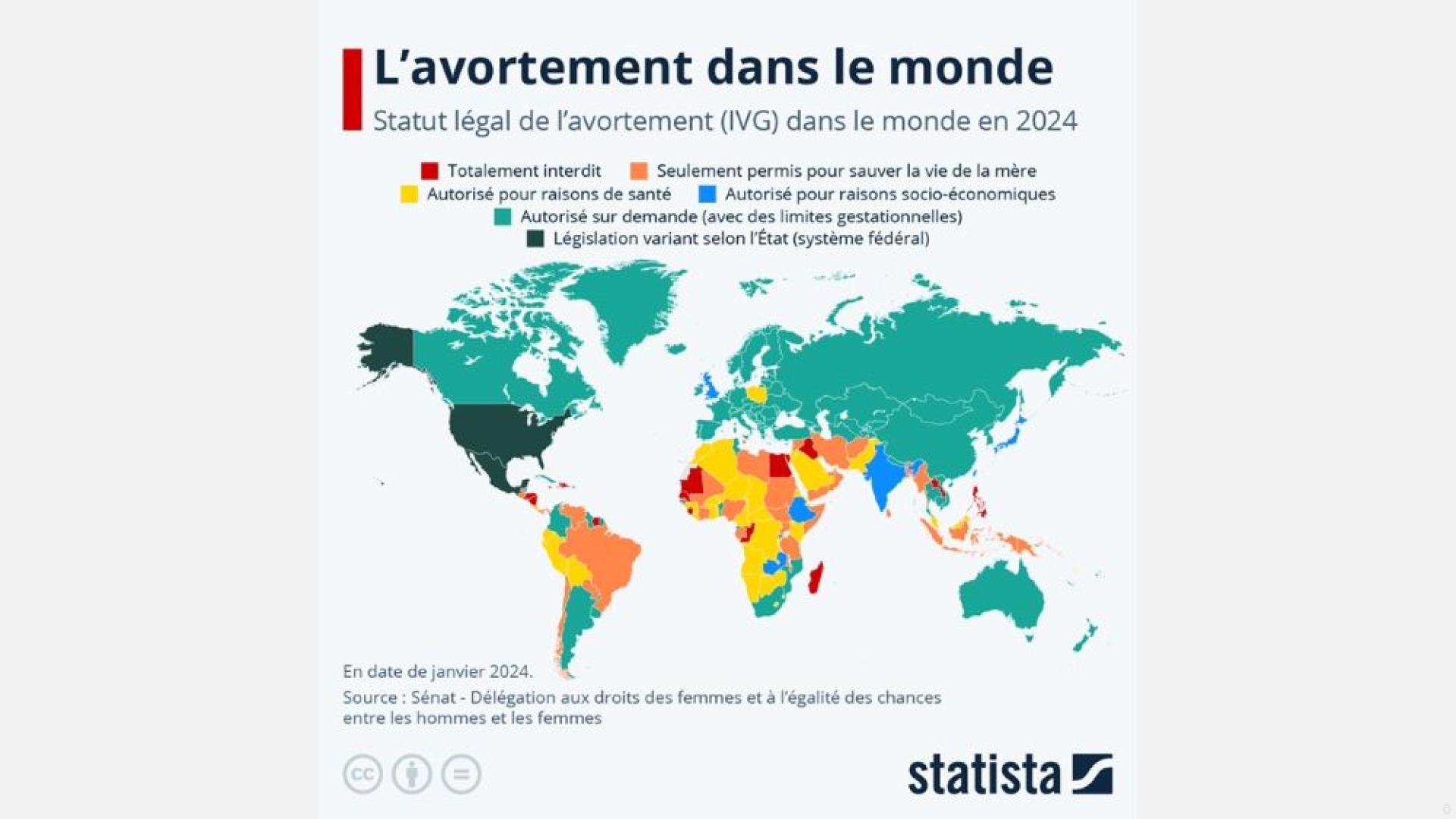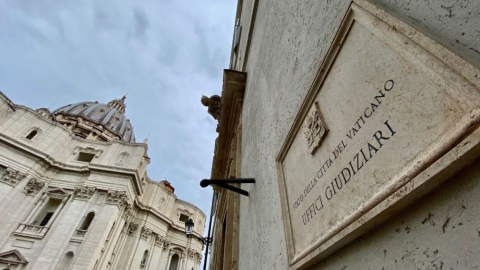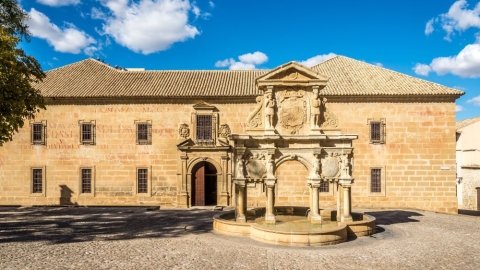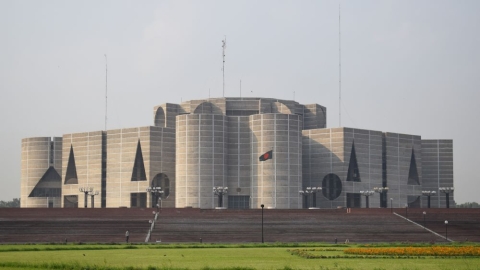Latin America: The Status of Abortion Legislation

Map of abortion laws around the world
Latin America has been the lifeblood of the Catholic Church for several decades now. It is a continent where the fight for life has become increasingly central to political debate.
In Latin America, as is the case a little north of it, the debate over abortion rages. Around a quarter of the world’s Catholic population is concentrated in the subcontinent, which explains the considerable weight the Church still holds in questions related to life, even if its influence resembles that of a wall which has begun to crack over the last decade or so.
In certain Latin American countries, such as El Salvador, Nicaragua, and Honduras, abortion is totally prohibited: in 1998, El Salvador banned abortion in all circumstances, including in cases of danger to the life of the mother or rape. Nicaragua made this shift in 2006.
In Mexico, Mexico City decriminalized abortion up to 12 weeks of pregnancy in 2007; then, on September 6, 2023, the Supreme Court declared the criminalization of abortion unconstitutional. Federal public health services must now offer free elective abortion to patients who request it. Currently, in 20 of the country’s 31 States, abortion is still criminalized in penal codes, but these States are required to update them as quickly as possible.
In Colombia, the Constitutional Court voted in favor of decriminalizing abortion up to 24 weeks of gestation on February 21, 2022. No other country in Latin America has allowed this procedure to be performed at such a late stage of pregnancy.
Chile was for a long time one of the most restrictive countries on the issue of abortion, but in 2017, a law permitted abortion in the cases of danger to the life of the mother, serious fetal malformation, or rape. This decision marked a major change in the Chilean legal landscape.
In Peru, abortion is illegal and constitutes a crime subject to sanctions. Nevertheless, since 1924, there has been an exception known by the term “therapeutic abortion,” which is not punishable.
In Ecuador, the country’s justice system decriminalized abortion on April 28, 2021. It is only possible in specific situations: when the life or health of the mother is in danger or in the case of a pregnancy resulting from rape. Since the adoption of the law, the judges of the Constitutional Court have regularly tried to invalidate certain articles of the law to liberalize abortion.
In Uruguay, abortion has been regulated for more than ten years by a law which establishes that it will not be penalized if it is carried out within the first 12 weeks of gestation or up to 14 weeks in cases of rape. However, there is no limit when there are serious fetal abnormalities or when the life of the mother is in danger.
In Brazil, abortion is considered illegal in the majority of cases and carries criminal sanctions. However, an exception was made when the life of the mother is in danger, in cases of rape, or if the fetus is affected by a serious malformation. But in September 2023, the Supreme Court began to consider the potential decriminalization of abortion at the national level up to 12 weeks of gestation. The vote could take place before the end of 2025.
In the Pope’s country, Argentina, in December 2020, Parliament adopted a law authorizing abortion up to the 14th week of pregnancy for any reason. We will see what the new strong man of the country, Javier Milei, will decide. He spoke out strongly against elective abortion during the campaign which brought him to power.
In the very recent Declaration of the Dicastery for the Doctrine of the Faith, Dignitas infinita, the condemnation of abortion is clearly recalled: now what remains is to convince the faithful of a Church which is no longer successful at retaining them.
(Sources : Aciprensa/CNA – FSSPX.Actualités)
Illustration : Statista.com





